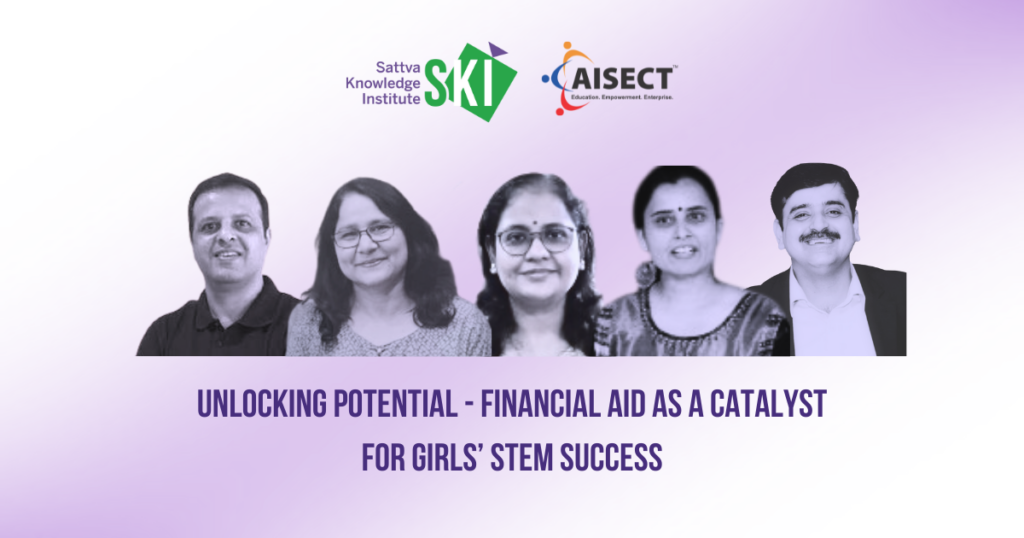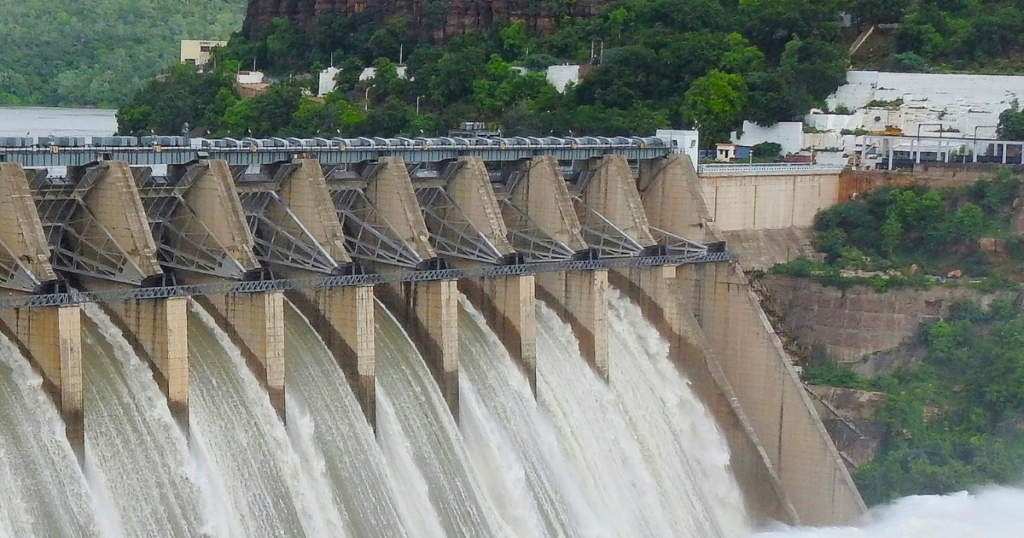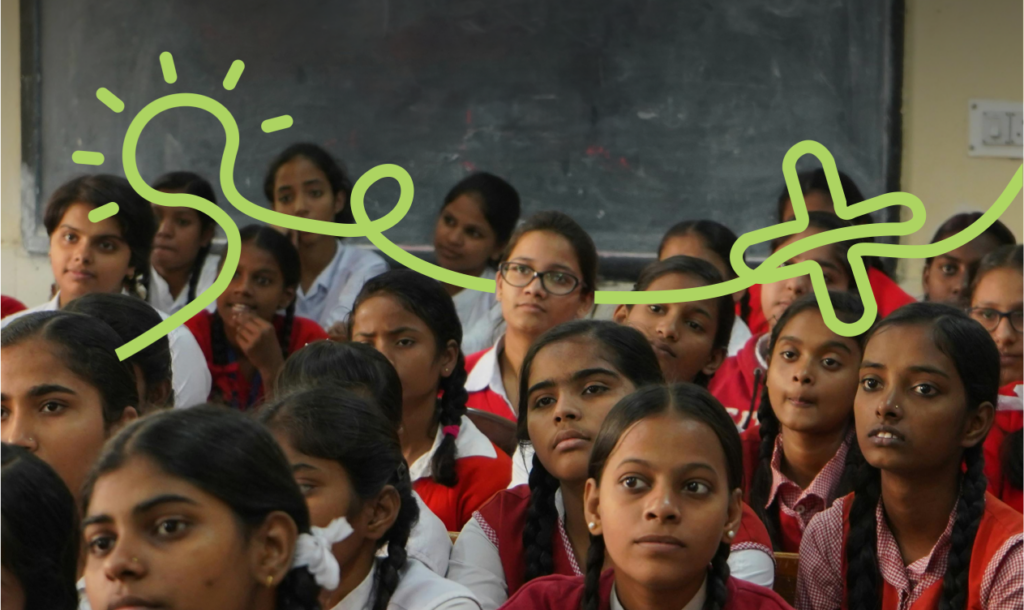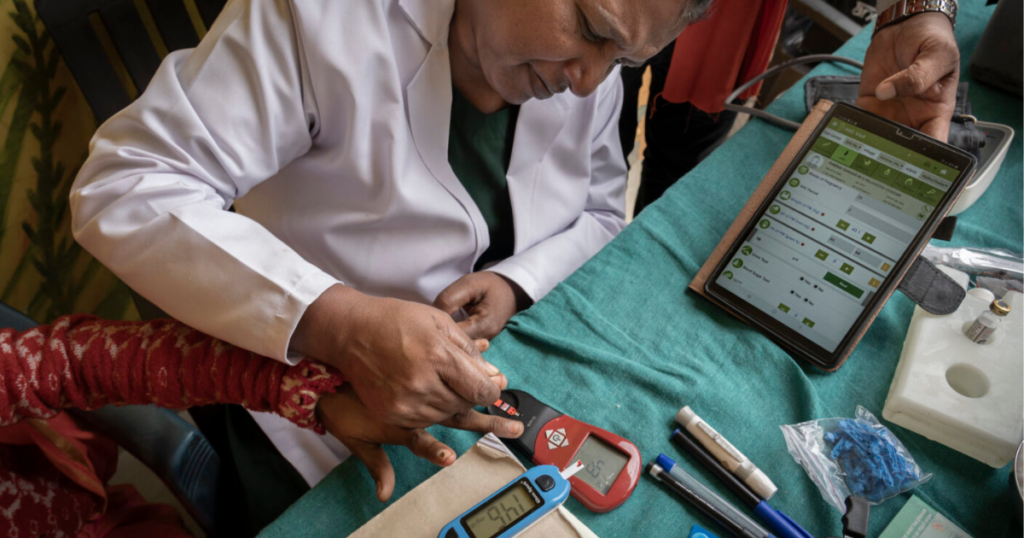India is currently undergoing a significant transformation. Over the past decade, we have moved from being the tenth-largest economy to the fifth-largest, and there is potential for us to become the third-largest economy by 2028. The government’s goal is to achieve a US$30 trillion economy by 2047, embodying the attributes of a developed India or Viksit Bharat.
However, like many economic growth stories, ours is marked by stark inequity. In the 2022 Social Progress Index, India ranked a poor 110 out of 170 countries. We are in the bottom half for almost all social parameters, including health, education, food security, gender equality, environmental sustainability, and access to information. The government recognises the futility of achieving Viksit Bharat without addressing this inequity and has identified the empowerment of the youth, the poor, women, and farmers as four main pillars. However, each of us also has a role to play in realising the government’s vision.
This journey towards equitable growth is ambitious, and the first SKI Summit is a step towards it,
guided by five principles. First, all discussions and outcomes will be public goods accessible to any
interested stakeholder. Second, any big idea discussed must be specific and measurable. Third, every outcome must be actionable, with clear identification of the stakeholders responsible for its
implementation. Fourth, building an ecosystem infrastructure that enables stakeholders to solve the problem has to be the key focus. And finally, all of this can only be achieved through collaboration.




